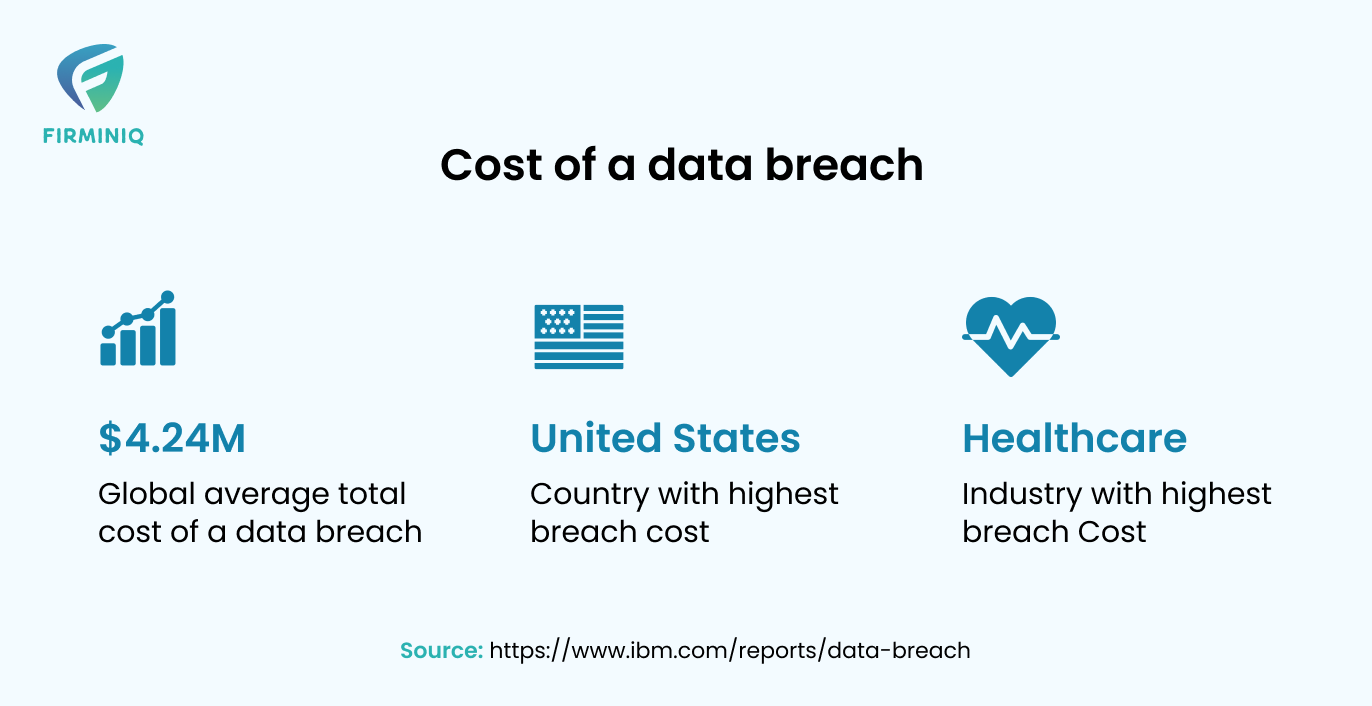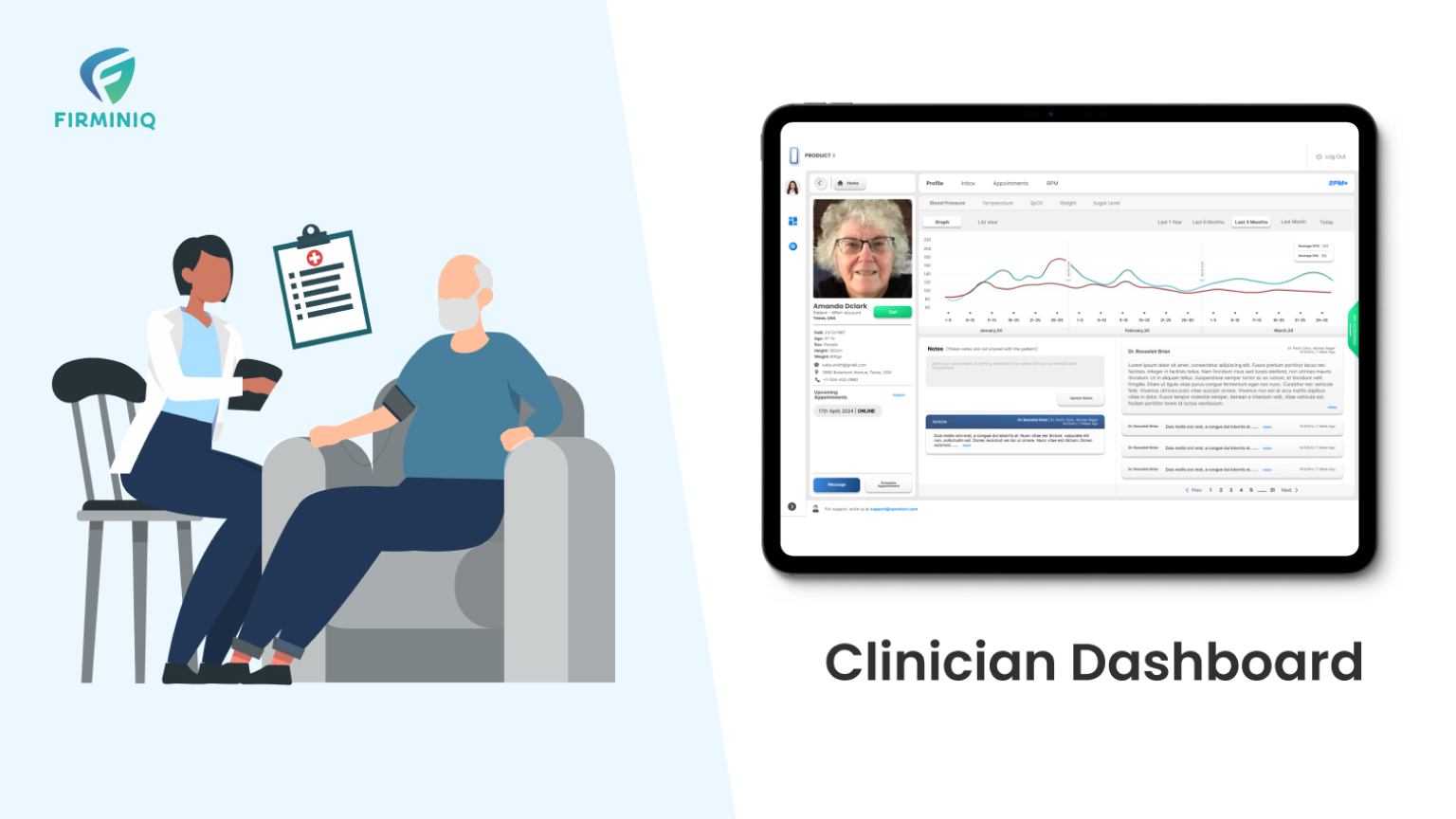Working with offshore development partners is a common practice widely embraced by companies across the globe irrespective of size, scale & domain. However, it is still associated with a number of challenges, with security and data protection being at top of the list. For many organizations, security threats are the reason behind keeping software R&D in-house. Moreover, the PR implications of a data breach are even more dramatic. On the other hand, bridging the talent gap & reduced expenses are robust arguments for forging partnerships with software offshoring service providers.
Once the decision to collaborate with an offshoring partner is taken, the first thing to consider is data security & IP protection. The road to secure software offshoring has been traveled many times and it can be implied that following the best practices to ensure data protection and partnering with a reliable partner goes a long way in ensuring that sensitive user data and your Intellectual Property (IP) is safe. Let’s explore why data security matters and what are these best practices or guidelines to secure offshoring in detail.
Why Data Security Matters
“Reaching an all-time high, the cost of a data breach averaged USD 4.35 million in 2022.” – as per IBM Security’s ‘Cost of a Data Breach Report.’ This figure represents a 2.6% increase from last year with US & healthcare being the country & industry with the highest breach cost respectively.
Considering this and the non-monetary implications including loss of reputation, it is clear that costlier and higher-impact data breaches are happening than ever before. A further look at the below report is even more alarming.
“Out of 450 global data breach investigations, 63% were linked to a third-party component of IT system administration.” – as per Trustwave Global Security Report.
These investigations communicate that third-party responsible for IT system support, development or maintenance are the major sources that introduce security deficiencies that can be easily exploited by hackers. What’s more is that many business companies are not fully leveraging the best practices to ensure security of sensitive data while offshoring.
Guidelines to Secure Offshoring
Being aware is the first step towards a secure offshoring experience. Below is a list of top best practices to consider when using offshore development services.
1. Regulatory Compliance
One of the vital considerations while entering into an agreement with an offshoring partner for software development services is to assess their understanding and compliance with regulatory standards like HIPAA, GDPR, ISO 27001, etc. A service provider that has obtained requisite certifications is at a better position to invest your trust in as compared to the one which does not hold the same. Moreover, these certifications are generally renewed every few years and compliance with the same goes way beyond just fulfillment of the IT requirements.
2. Physical Security
One of the biggest risks of working with an offshore software development company is the lack of implementation of physical security measures. Does your offshoring provider have a 24/7 video surveillance? Is the work area accessible to only the team via card/number-pad/biometric verification? Are the critical areas like the server room controlled and restricted to authorized persons only? Getting an answer to these questions may imply paying an on-site visit to your provider’s location, but if you wish to be 100% sure, it should be worth the hassle.
3. Team Alignment
“82% of data security breaches involved the human element.” – according to a Verizon Insider Threat Report. As huge percentages of data security breaches are caused by human error, it is prudent to ensure your IT solutions provider takes appropriate measures to ensure the team is aligned with the data security standards that the company follows and are aware of the implications. Some of the measures that reliable IT offshoring providers take include – background checks before hiring team members, signing Non-Disclosure Agreement (NDA) with team members that remains effective even after they exit, security training upon team on-boarding, sending team-wide Electronic Direct Mails (EDMs) on any new update in security policies, conducting regular discussion sharing tips and inviting ideas on how data security can be further improved, laying appropriate employee exit procedures to ensure data is safe, etc. If your strategic offshoring partner talks about these measures, they are clearly more trustworthy as these measures go a long way in establishing good habits in the team around data security.
4. Workspace Security
Another important best data protection practice involves ensuring security inside the workspace. This is often implemented by – securing the systems and devices used by the team, encrypting & restricting systems access, restricting copying or sharing data, restricting access to social networking sites & personal emails, laying strong firewalls and secure VPNs, etc. Checking these measures keeps you on the right track with respect to data security.
5. Paperwork
Even though legal paperwork alone does not guarantee data security, it is always good to have clearly laid paperwork in place to cover data specifics. Signing a Non-Disclosure Agreement (NDA), Non-Compete Agreement (NCA), checking for liability insurance, and other binding legal contracts to ensure the data remains safe is a prudent decision while offshoring development tasks.
6. Security Audits
There is no denying the fact that establishing a sound system to ensure complete data security is a complex task and maintaining the same is even more demanding. Regular security audits come handy in detecting security loopholes and allows the provider to respond to issues and fix them in a timely manner. As a business owner looking to partner with an offshoring provider, it is good to check whether your provider regularly audits processes, code & database or not.
7. Cybersecurity
It is vital to ensure your provider uses new-age technologies and tools before you grant them access to sensitive user data and IP. Not just this, conducting regular penetration tests and keeping appropriate tools to prevent viruses, spyware and malware in place are other areas worth looking at before jumping on a decision to share sensitive details.
Apart from what we explored above, it is noteworthy to review other areas like cloud security, coding guidelines, coding standards, password hashing, data encryption, processes, procedures, etc. The more aware you are, the closer you will be to a sound decision and thus improve data protection. Having mentioned that, though the above guidelines cover the majority of best practices to ensure data remains secure while you offshore software development, it is worth noting that secure offshoring is a continuous process. Apart from choosing an established provider with a proven track record of successful projects, it is vital to review everything from scratch to ensure your data is safe.
Final Thoughts
A successful offshoring partnership relation is evident when there is synergy. The offshoring team or the Offshore Development Center (ODC) meets contractual metrics & delivers quality on one hand, while the business owner is successful in cost cutting and improving focus on critical areas on the other. With a reliable strategic offshoring partner, you feel confident about the security of your sensitive data.
Do you wish to leverage the benefits of offshoring software development to a reliable partner who takes data & IP security seriously? Discuss your needs with us today!
Frequently Asked Questions (FAQs)
Have a read through these commonly asked questions and answers related to data security while offshoring product development.
Q. Why should I ensure data security while offshoring software development?
A. Appropriate security of data helps protect your organization from any data-related harm. Improper data management can lead to IT security incidents like identity theft, lawsuits, reputational harm and are extremely damaging and expensive to handle. To avoid such a scenario, it is vital to ensure data security while offshoring software development.
Q. What data security regulations do I need to comply with?
A. The data security regulations that your business needs to comply with depend upon a lot of factors including the area you operate in, data you deal with, industry you serve for, etc. E.g., for an organization operating in the healthcare domain some prominent regulations to look out for are: General Data Protection Regulation (GDPR), Health Insurance Portability and Accountability Act (HIPAA), etc.
Q. How significant is data privacy as a component of data security?
A. Data privacy is vital especially when dealing with sensitive data. Today, as digitalization spreads its wings rapidly, data breaches and cyber-attacks become more rampant. Regulatory compliance helps ensure that measures are taken so that the user’s personal data is protected.
Q. How do I learn more about data security while offshoring software development?
A. As a reliable strategic offshoring partner to global brands across the globe, FIRMINIQ understands and assures complete data security. To learn more contact us today.














